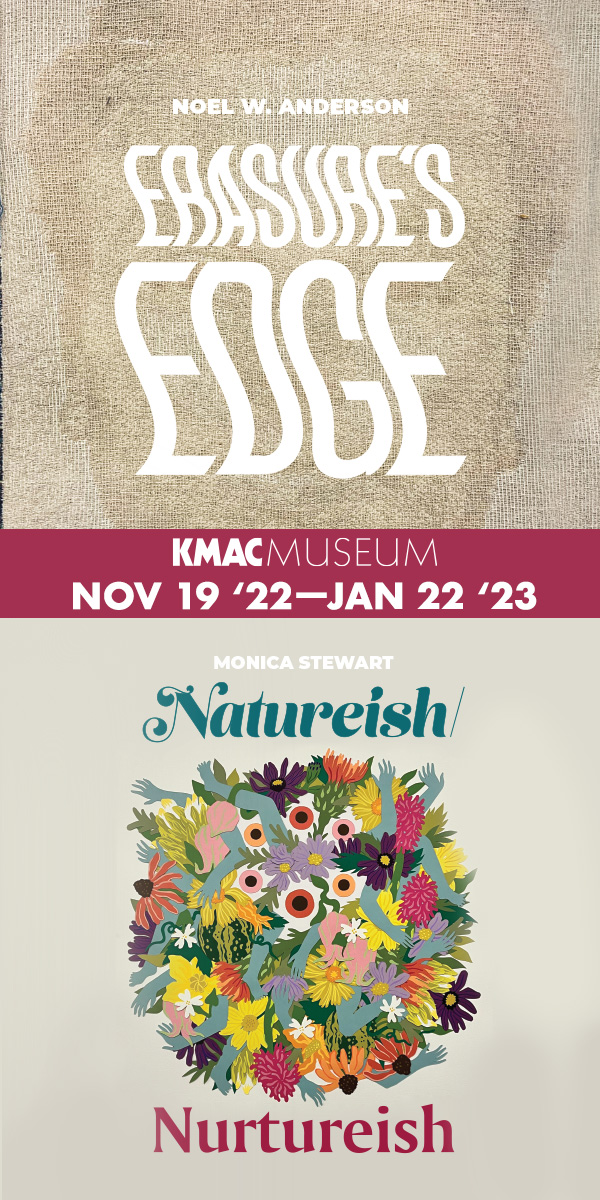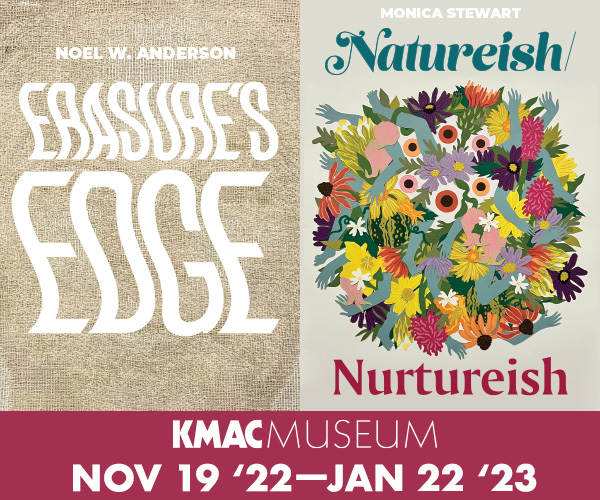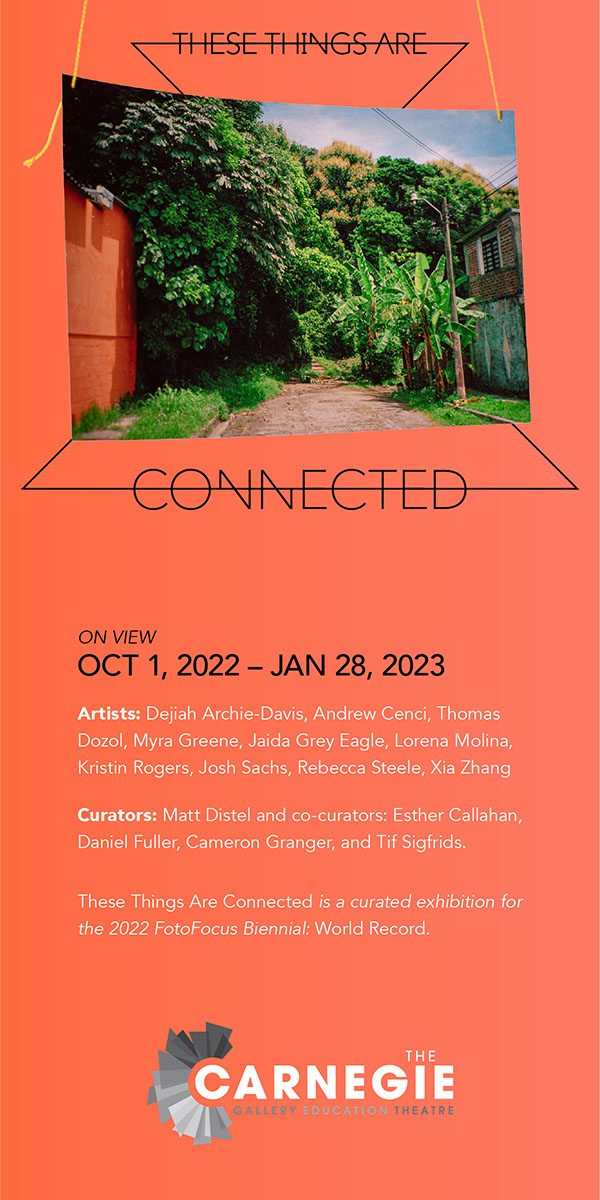As with most people who have access to Netflix, I fell in love with the series Orange is the New Black. My dedication to watching the show began with the typical interest in the novelty of prisons, institutions that take people away from society, making them disappear.
The series is about a rich white girl who has to leave her comfortable life and do time in prison for a past offense. As I continued watching, I fell in love with the stories of each individual character. I became so interested in seeing just how they got to where they were in life. By the third episode, however, I became very sad, not only for the fictional characters in Orange but for women in prison in real life – for those real women in my life.
My experience with visiting women’s prisons began when I was seven. My cousin was arrested and convicted as an accomplice to the murder of two people, one of whom was a child. At the time my cousin was young, the age I am now (20), and in a tumultuous marriage. Needless to say, drugs were involved. She was driving the car the day her husband shot and killed a man and his child in their home.
I can remember feeling scared for her as we drove her mother to the scene of the crime. I remember the court trials and going to visit my cousin in prison.
I remember talking to her, sitting right in front of her but having to use a phone to talk to her. I thought of how lonely it must be to have a glass wall between you and everyone you have ever known, to never have privacy and never to be able to go out in public.
The prison seemed like the inside of a metal lunchbox to me. It was crowded with visitors who were loud. I remember not being able to hear my cousin because the phone had a bad connection. Her mother would always cry whenever we visited her but I was always confused. I didn’t understand what was going on or why she had to be behind a glass wall. I didn’t understand why I had to walk through metal detectors before I was even ten years old. I also didn’t understand how my cousin could behave as though this place was normal. I never understood how she got used to it.
Our entire town saw her as different from other people. She was put away, “disappeared.†She was the subject of gossip for a few months, and then she was forgotten. Everyone felt “safe†and they moved on to something new.
My next experience with women’s correctional facilities involved my older sister. The first incident happened within a few months of our mother’s death of pancreatic cancer. I was fifteen and my sister was thirty-eight. I had known that my sister had been on drugs for years by that point, but the death of our mother caused such emotional trauma that her drug problem became much worse. She was arrested one night for driving under the influence and for having Meth under the passenger’s seat in her car. Later that year she was arrested again for making and selling it.
I still have all the letters from my sister and my cousin. Little crochet key chains and Precious Moments coloring book pages from my cousin…confessions and apologies from my sister.
I would always receive the letters, with their names and ID numbers on them and become excited. It was like a pen pal, almost. At the beginning of their sentences, I became very excited to get their letters. They would ask me about soccer games, guitar practice and school. They never had much to say about their lives though, except for apologizing about their pasts and telling me about things that they missed. I couldn’t quite understand how they missed certain things. They missed biscuits and sitting on the front porch stringing beans with the family. My cousin even wrote me once explaining how badly she missed showers. As I got older, the letters between us became less frequent. I let myself get caught up with the outside world and forgot about the comfort those letters gave them. When the letters became fewer and fewer they were able to find comfort in other outlets.
I knew about the letters, but what I did not know about was their personal writings.
The women in prisons have to experience personal writings and expression and art in a different way from those of us who are on “the outside.â€Â Women have been oppressed for generations and limited in their ability to be in the public sphere as easily as men due to society’s judgment of women in writing. But women inmates have an even more difficult time with having their voices heard.
Women inmates have a more difficult time having their voices heard because of the negative stigma of being inmates; they are not only separate from the public sphere physically, but ideologically through the stereotypes and opinions of them. They have important things to say, but it is difficult for their words to get to us on the outside. The separation and stigma prevent women inmates from experiencing the therapeutic experience of being heard.
Just as women in general had been silenced simply as a consequence of their gender, the women in prisons are silenced for that and their inmate status.
Distinguishing between “good vs bad†enhances the negative stigma against the women in prison. Women have been marginalized just for being women and thus cut out of the public sphere, but female inmates have to carry the labels of both “woman†and “criminal.â€
The only access prisoners really have to “the outside†are through letters between themselves and family members, friends and penpals. While the rest of us can call in to news talk shows and chime in with our opinions, write letters to editors and blog about everything that angers us, those incarcerated do not have these options.
In our society, prison is a way of removing from the public eye, those who have committed crimes. They do not Facebook. They cannot have cell phones. They are limited in the amount of time they can use the prison phones and the phone calls they get and their in-person visits are timed and restricted to people on a pre-determined list.
It is easy to think, “Oh well, they are prisoners, they deserve it.†However, they are humans and separating them from society and limiting their resources only creates a cycle of low socioeconomic status and continuation of crime. It is hard to “come back up†when you are being kept down by your past mistakes.
The punishment that society imposes on inmates has the possibility of keeping them down for the rest of their lives, essentially extending their sentences even when they are eventually returned to “the outside.”
When I did a Google search on what people think about women in prison I found all of these terms: Untrustworthy; Trash; Bad; Poor; Unskilled. It is hard to carry all of these stereotypes with you – it can even make you start believing these things about yourself.
These labels lead to people deciding to not listen to what women in prison have to say. The thought of interacting with a prisoner makes people afraid and squeamish, so instead of being open to the idea of listening to an inmate, society pretends they are not there.
Who listens to the women locked in cages? Who listens to the women who are separate from their families, their friends and their jobs? Who listens to the women who are considered “violent†and “angry�
Inmates have often been perceived as brutal, which is a false perception. In her poem, “Ready to Goâ€, inmate Tammica L. Summers, incarcerated at Broward Correctional Institution in Ft. Lauderdale, Florida, compares the bars of prison to the bars of the zoo:
I wish I was somewhere else
Rather than this zoo
I take a long hard look at myself
And what I’ve been through.
Summers was a college graduate who has been writing short stories and poems since grade school. However, she is not being recited at poetry clubs and appearing at poetry slams because she is incarcerated.
The legitimacy of the expressive writings of female inmates is no less than those lucky enough to receive an education in creative writing. Due to their status as an “inmate,†though, they lose all rhetorical credit and are easily disregarded.
There are many important reasons as to why we should open our eyes and ears and listen to the words of female inmates. They are humans and have the right to be heard. They are human just like all of us, which means we are just as likely to make the same mistakes they made that ended up with their incarceration.
Their words can encourage us to accept one another; to comfort one another; to listen to one another before it is too late; and to think about our actions before we do them. We are all capable of making mistakes and not every criminal is from a “rough background.â€
It is easy to think that we are not capable of going to jail, that we are “good peopleâ€.
Every “good†person makes mistakes. Every person makes mistakes. We need to listen to female inmates and hear their stories and their pain. If we are unable to learn from them, then we are even more susceptible to incarceration ourselves. It is possible for any of us to also be in situations where we are one day silenced, as we as a society have silenced so many. It is even more possible that we will one day be cast away from society, just as we have cast so many away.
There are more than 200,000 women behind bars. Those are 200,000 voices that could teach us so much..
Maya Angelou, in her famous poem, I Know Why the Caged Bird Sings writes,
But a caged bird stands on the grave of dreams
his shadow shouts on a nightmare scream
his wings are clipped and his feet are tied
so he opens his throat to sing.
The caged bird sings
with a fearful trill
of things unknown
but longed for still
and his tune is heard
on the distant hill
or the caged bird
sings of freedom.
The caged bird may sing, but have you heard her?
To read the writings of female inmates you can:
*Become a penpal
*Go to one of these websites:
*Read this book by the talented Lexington writer Bianca Spriggs.
Bridgett Howard is in her third year at Transylvania University as a Writing, Rhetoric and Communications major and Studio Art minor. A native of Whitesburg, KY., Bridgett will graduate in May, 2015. She is UnderMain’s first intern.





